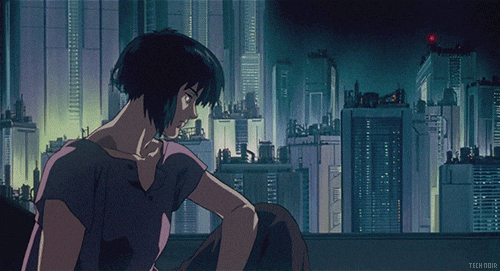The cyberpunk classic, "Ghost in the Shell," raises several thought-provoking questions about ethics and technology. As we delve into a world where humans can upload their consciousness to machines or even transfer it from one body to another, what are the ethical implications of such advancements? The film forces us to confront these issues head-on by presenting scenarios that challenge our understanding of identity, autonomy, and morality.
In "Ghost in the Shell," we see characters grappling with questions about consent when it comes to uploading one's consciousness into a machine or transferring their mind into another body. This raises concerns over who has control over these decisions - is it the individual themselves, or someone else? Furthermore, what happens if this process goes wrong and an individual loses part of their identity in the process?
Another ethical consideration raised by "Ghost in the Shell" is the issue of privacy. With technology advancing at such a rapid pace, how can we ensure that our personal data remains secure from hackers or government surveillance? The film highlights these fears through its portrayal of Major Motoko Kusanagi, whose entire being was created by cybernetic enhancements and artificial intelligence. Her existence raises questions about ownership - does she truly belong to herself, or is she merely a product of her creators' designs?
In conclusion, "Ghost in the Shell" serves as an important reminder that with every technological advancement comes new ethical dilemmas. As we continue to push the boundaries of what is possible, it is crucial that we take these considerations into account and strive for a future where technology enhances our lives without compromising our values or sense of self.
